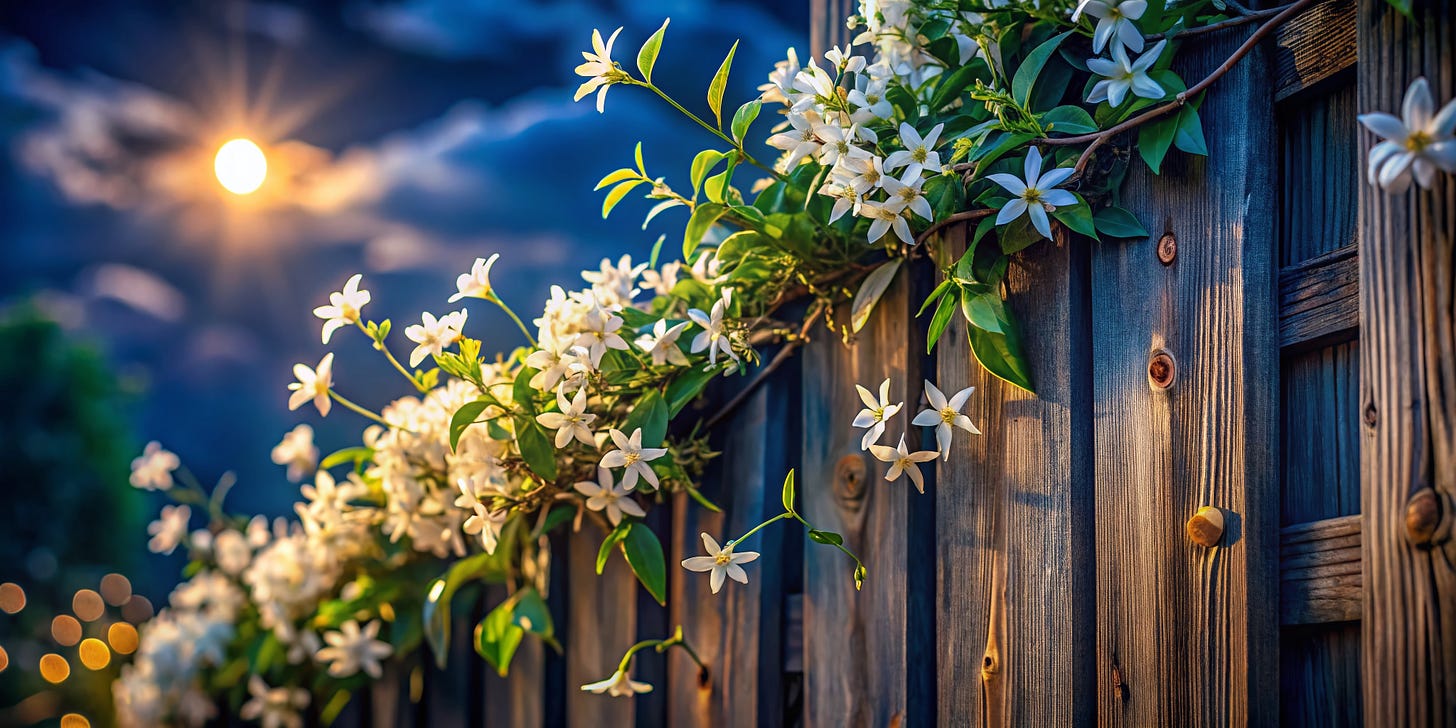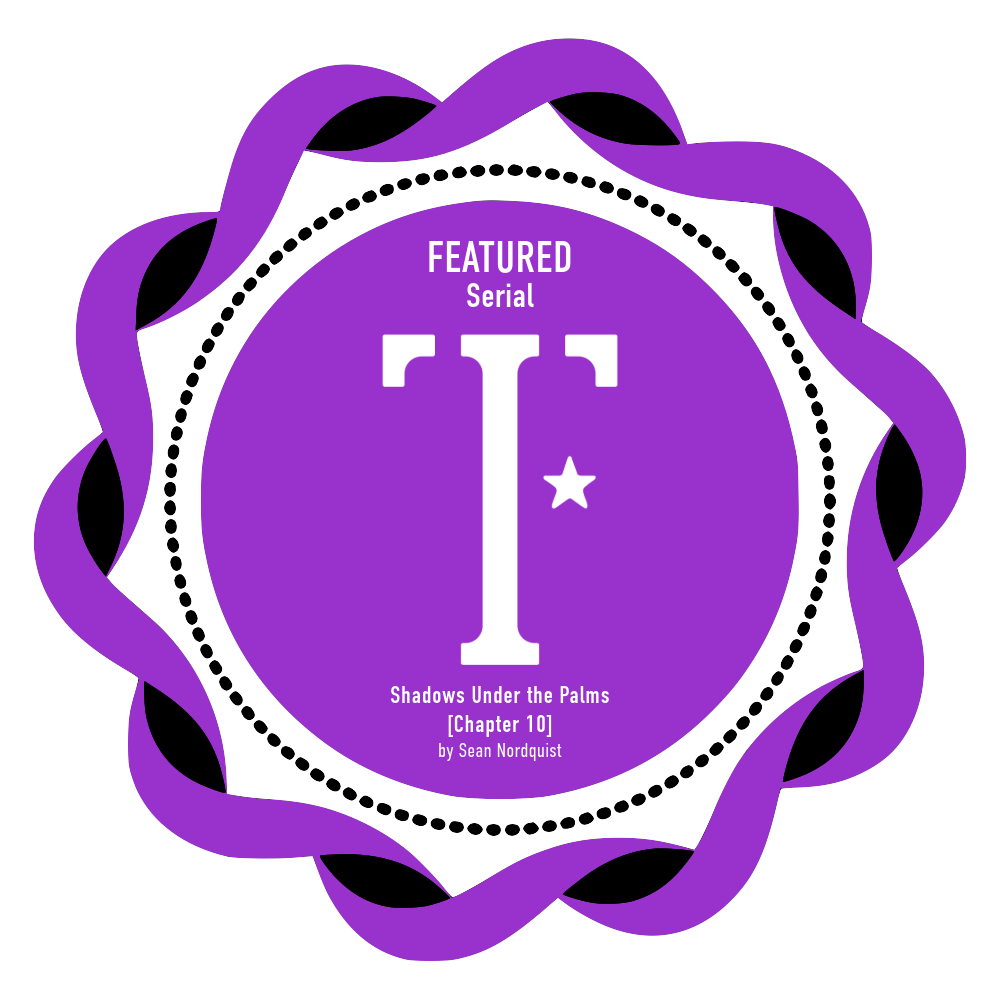Mastry’s was busy, thick with smoke and music blaring on the jukebox. Tommy Dorsey’s “The Hucklebuck” was playing and a few of the regulars were attempting to dance to it with gin-rickity legs and bleary eyes. My mother always said nothing good ever happens after midnight. That was particularly true at a place like Mastry’s. I spotted Bertie in one of the darker corners, sitting with a bottle of beer and a half-empty rocks glass of what I assumed was dark rum. When he saw us he gave a discreet wave and beckoned us over.
I let Clara into the booth first and then gingerly lowered myself onto the padded bench. My ribs were really starting to scream, and my shoulder was throbbing. I had not thought to bring any of the painkillers the hospital had given me, so I ordered the liquid form from the waitress when she came by.
“Bourbon and a beer, please,” I said. Clara ordered a gin martini and Bertie held up a finger, apparently signaling he’d have another round. Clara and I sat expectantly, looking at the old man in his short-sleeved guayabera shirt. I’d never spent much time actually talking to Bertie. We drank next to each other often enough but had never done much more than exchange pleasantries and the odd comment on the political state of the world and our place in it.
He sipped his rum, then followed it - not chased - with a sip of his beer. He was in no rush. I envied that about him. He looked at me, then at Clara, and then back. With all the time in the world, he produced a hand-rolled cigarette from one of his shirt pockets and placed it between his brown, cracked lips. I fished my lighter out of my jacket and leaned across the table, lighting it for him. He nodded appreciatively and then leaned back in the booth.
“I’m a fisherman, you know.” He took a long drag on his cigarette, exhaling slowly, the smoke swirling into and then joining the haze of the bar. “Mostly mullet, the occasional redfish, and snapper. I don’t do that deeper Gulf shit. The bayways and mangroves around here are rich with all kinds of fish, so why waste the fuel?” I lit a cigarette of my own and gave one to Clara, lighting hers and then mine. Our drinks arrived and we all tapped glasses silently.
“Do you know how easy it is to disappear in the swamps? The mangrove forests are thick and shallow and will swallow you whole if you don’t have a guide.”
I’d spent some time in other swamps around the world, but he wasn’t wrong. As a kid, we played in the shallows and muck around Weedon Island with our little rowboats. Before developers started building around the area, it really was like a foreign land. A wild and untamed island. Snakes and alligators and all sorts of insects that were a young boy's dream.
“If you go south of here, across the bay, there is some of the best fishing in the area. One of my favorite spots is Bahía de las Cucarachas.” I snorted and almost spit out my drink.
“‘Cockroach bay’?!” Clara laughed as well. Bertie smiled and nodded.
“The Spaniards arrived here and saw the beaches covered in horseshoe crabs. They’d never seen anything like them, and they thought they looked like giant cockroaches. And the name stuck.”
“You can’t be serious,” I said, giving him a raised eyebrow. “I’ve lived here all my life. How have I never heard of this place?”
Bertie shrugged. “Who knows? That’s the story. And that’s the name of the place, regardless. And like I said, the fishing is great. It is also remote and mostly uninhabited. No one goes there other than fishermen. There are a lot of farms around the area, and there are stories of some old Timucuan and Uzita burial mounds around there. Lots of rivers, though. Lots of small, shallow waterways that lead deeper into the swamps.”
“Where are you going with all this, Bertie,” asked Clara, finally. “What does this have to do with Raul?”
Bertie fixed his gaze on her, his soft brown eyes crinkled at the edges as he smiled. “People have been building shacks down there. Right on the water. No roads to them. Not on any official maps. There are a lot of folks that hide down there, Miss Jones. If a person wanted to hide - or hide someone else - it would be the perfect place.”
Clara leaned in. “Are you telling me Raul is holed up down there?”
Bertie shrugged. “I doubt it was his idea.”
“So Andrade has one of these shacks,” I asked. “Are you sure?”
“Mr. Duffy, when you spend your days and nights on the water in a place where there are never any other people, you tend to notice when people are there.”
“You actually saw Adrade’s men bring Raul Arroyo to one of these cockroach shacks?”
Bertie laughed. “No. Of course not. But I have seen them coming and going over the last few weeks. They think no one sees them, and an old Cubano in a little skiff tossing his nets in the water might as well be an anhinga sunning its wings.”
Clara turned to me. “It would make sense, right? Grab Raul, run him across the Bay before anyone even knows he’s gone, and stash him in a place no one even knows exists.”
“And even if the police were interested in looking for him, he’s not even in the same county anymore.” She had a good point. I turned back to Bertie. He was studying his now-empty glass, swirling the remaining ice in the bottom. “So you know where their little river shack is?” He nodded, not looking up.
“Well,” said Clara. “Will you take us there?” He nodded again.
“But not tonight. And I have to fish tomorrow. Meet me at my docks around sunset when I am coming in. I’ll unload and then we go.”
“Your docks?” I wasn’t sure where he meant.
“Right next to the Bee Line Ferry. I’ve got a spot there. I’ll unload over at the fishery first, then come pick you up. Don’t be late.” Without another word, he stood up, drained the last of his beer, and walked out.
Clara chuckled. “He’s an odd old one, isn’t he?”
I nodded, still staring at the door. Something felt off but I could not put my finger on it. “Better call it a night, doll. It’s late, and I want to talk to the wife tomorrow.”
I dropped some bills on the table and put my empty bottle on top of them. Standing was an effort, pain shooting across my torso and down my back. It must have shown on my face because Clara hurried to help me. “You alright, old man?”
I grimaced. “No, not really. Ribs are hurting like a sonuvagun and my shoulder is just about useless. And I’m tired, doll.”
She put her arm in mine and helped me out to the car, walking me like an invalid. “Let’s get you home, Eddie.”
I had Clara drop me off a few blocks from my house. I wanted to walk and clear my head a bit and think. She kissed me on the cheek and said she’d ring me the next day. “Take your pain pills, Eddie,” she chided. “And have a drink - one drink - and go to bed.”
“Thanks, Mom,” I laughed, which turned into a wince when my ribs protested. “Drive safe, doll.”
I watched the red tail lights disappear with a squeal around the corner as she drove off, then turned and walked slowly towards home. It was dark and humid, the luscious scent of Confederate jasmine wafting in the sultry night air. One of my favorite scents in the world. The sweet aroma calmed me; helped me focus.
Why was Bertie helping us? It wasn’t like we were close friends or anything. And by his own account, these people were dangerous. What was his angle? And then why was Andrade keeping Raul alive at all, assuming he was the one behind the man’s disappearance? And what did Clara mean about Marjorie not being what she appeared? More questions than answers. I hated that.
Before I knew it I was standing in front of my house. I let myself in, finessed my way out of my jacket, and poured a double bourbon. Two pain pills and a second bourbon later and I was leaning back in my chair, shoes off, and drifting off. I knew I would regret not making it all the way to my bed, but at that point, it seemed like far too much effort. Sleep took me as I listened to the crickets and frogs outside.








Nice use of local color detail to add authenticity.